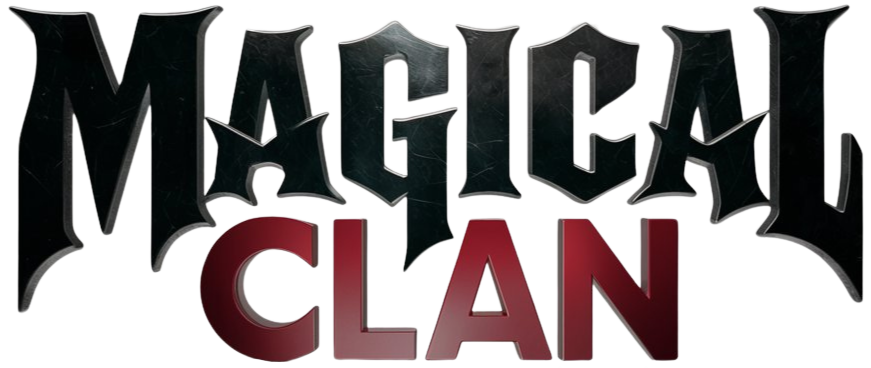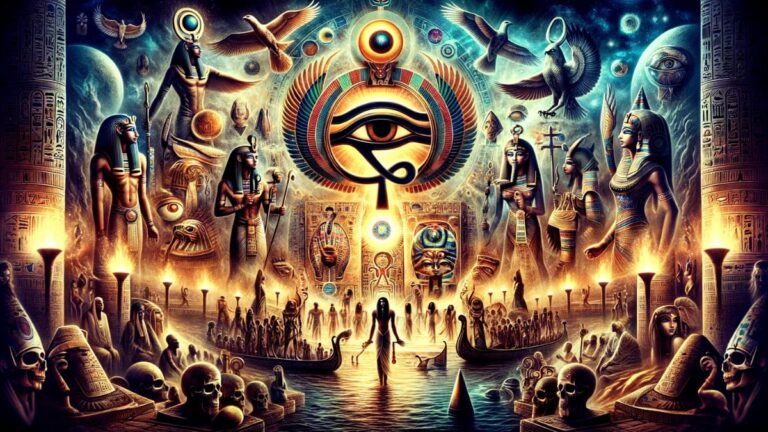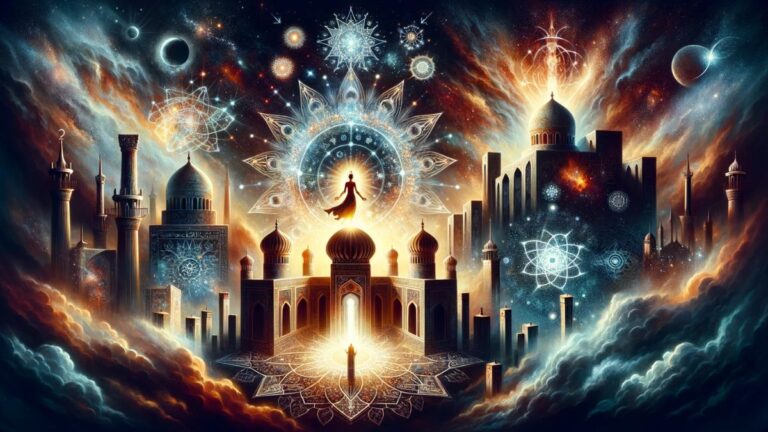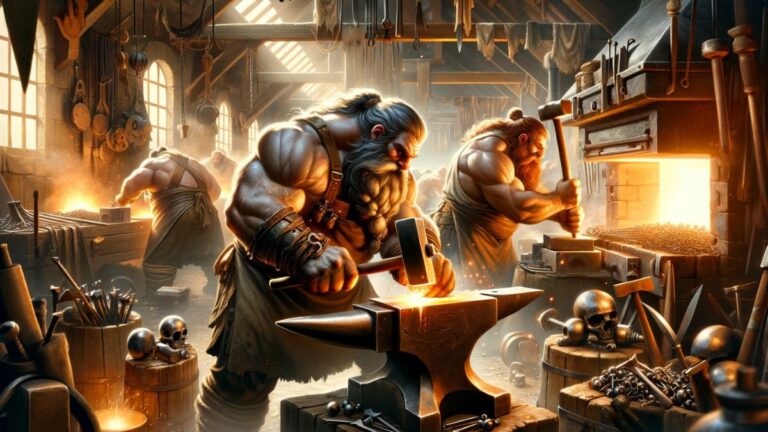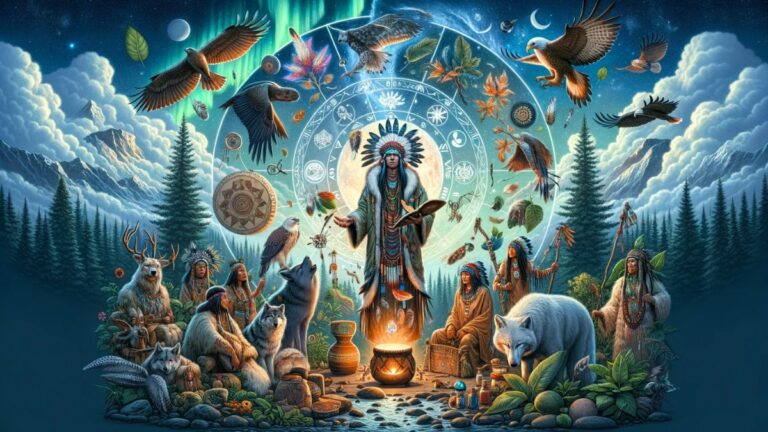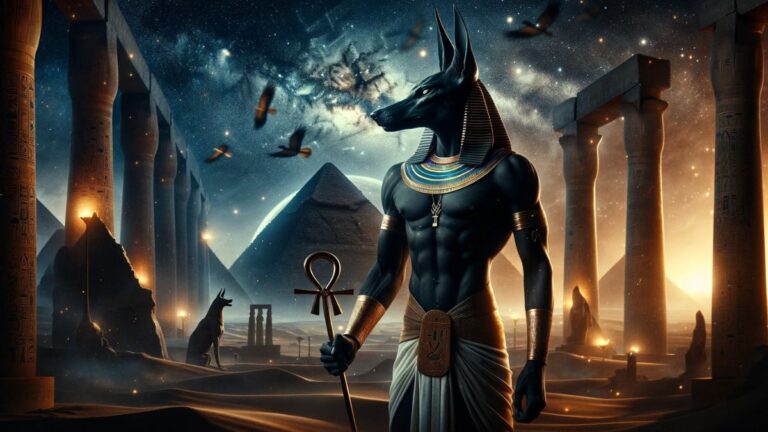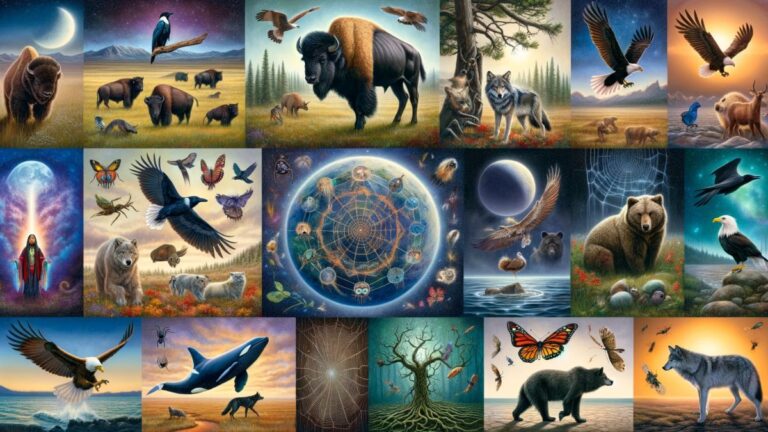Do People Still Believe in Egyptian Gods? Explained
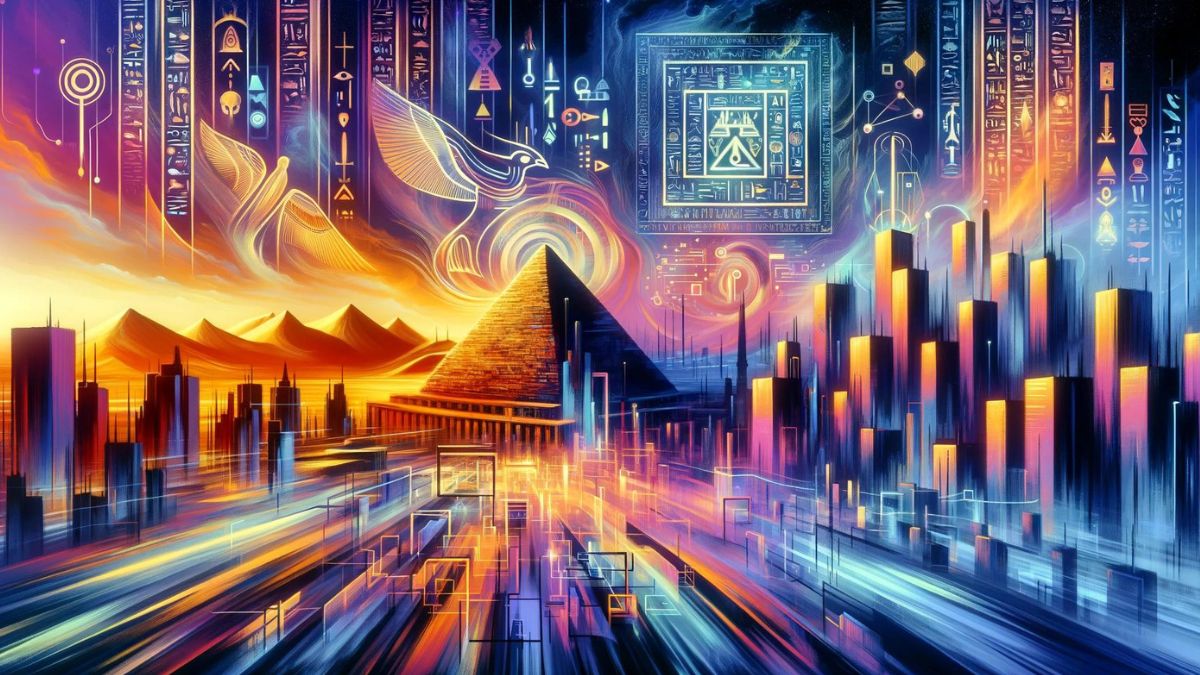
It’s fascinating to think about ancient beliefs and how they survive through time. Take Egyptian gods, for example. You might wonder if, in our modern world filled with technology and science, there are still people who hold these ancient deities close to their hearts. It’s a curious thought, isn’t it? How beliefs from thousands of years ago might still find a place in the lives of some people today. Let’s dive into this and explore whether the reverence for Egyptian gods has truly stood the test of time.
The Roots of Egyptian Mythology
Egyptian mythology is deeply woven into the fabric of ancient history, with gods and goddesses that embody natural elements and human experiences. These deities, like Ra, the sun god, and Isis, the goddess of magic and motherhood, were central to the Egyptians’ understanding of the world around them. Their stories, passed down through generations, were more than just tales; they were the backbone of daily life, guiding everything from royal decrees to common practices.
Temples dedicated to these gods were not just places of worship but also centers of community and learning. Priests and priestesses played key roles, not only in rituals but also in education and healthcare, showing how religion and daily life were intertwined. The mythology shaped the ancient Egyptians’ views on life, death, and the afterlife, profoundly influencing their art, architecture, and societal norms.
The allure of these ancient beliefs lies in their complexity and the way they reflect human nature and the environment. For example, the story of Osiris and Set speaks to themes of jealousy, murder, and redemption, mirroring the human experience. The mythology’s enduring appeal is evident in how these stories continue to captivate the imagination, offering insight into the ancient Egyptians’ worldview and their attempts to understand the mysteries of life and death.
Modern Followers of Ancient Practices
Even in our modern era, there are people who find resonance with the ancient Egyptian deities, incorporating these beliefs into their spiritual practices. This isn’t about recreating ancient rituals in exact detail but rather drawing inspiration from the rich tapestry of mythology to form a personal connection with the divine. These modern followers often blend ancient Egyptian beliefs with other spiritual paths, creating a unique synthesis that fits their personal search for meaning.
Communities and online groups dedicated to Kemeticism, a path that seeks to revive ancient Egyptian religious practices, offer support and resources for those interested. Here, individuals can learn about the gods, rituals, and philosophical aspects of the religion, adapting them to fit their contemporary lives. The emphasis is on personal growth, ethical living, and a deep respect for the natural world, reflecting the ancient Egyptians’ reverence for harmony and balance.
The practice is diverse, with some focusing on historical accuracy, while others take a more eclectic approach, emphasizing spiritual connection over strict adherence to ancient traditions. For many, it’s about finding solace and empowerment in the age-old stories and wisdom of a civilization that valued the interplay between the human and the divine. This modern engagement with ancient Egyptian spirituality highlights a longing for depth and meaning in a world that often feels disconnected from its spiritual roots.
Egyptian Gods in Today’s Culture
The influence of Egyptian gods extends beyond religious beliefs into popular culture, where these ancient deities capture the imagination of people around the world. Movies, books, and video games frequently feature figures like Anubis, the god of the afterlife, or Thoth, the god of writing and knowledge, weaving them into stories that blur the lines between mythology and entertainment. This fascination reflects a broader cultural interest in ancient Egypt, known for its mystique and grandeur.
In the arts, Egyptian motifs and symbols often appear in jewelry, fashion, and design, showcasing the timeless appeal of this ancient civilization’s aesthetic. The iconography, from the eye of Horus to the ankh, carries deep symbolic meaning, resonating with individuals seeking a connection with the past or a symbol of personal transformation.
Educational platforms and museums also play a crucial role in bringing the world of Egyptian gods to the public. Through exhibits and interactive experiences, they provide insights into the religious and cultural significance of these deities, fostering a deeper appreciation for ancient Egyptian heritage. This widespread interest in Egyptian mythology not only entertains but also educates, bridging the gap between ancient history and contemporary life.
Religious vs. Cultural Belief
The line between religious and cultural belief in the context of Egyptian gods is intriguingly blurred. For some, these deities are part of a living faith, a spiritual path that offers connection and meaning. For others, the gods represent a cultural heritage, rich with stories and symbolism that resonate on an aesthetic or intellectual level rather than a spiritual one. This distinction is important because it highlights the diverse ways in which ancient beliefs can be relevant today.
Cultural engagement with Egyptian mythology often involves an appreciation for the stories, art, and history without necessarily adopting the religious practices associated with them. This can be seen in academic studies, literature, and the arts, where the focus is on understanding and interpreting the mythology as a window into the ancient Egyptian worldview.
On the other hand, those who follow the religious path of Kemeticism or similar practices see the gods as active participants in their lives, guiding and influencing their actions and decisions. This spiritual connection demands a deeper commitment, involving rituals, offerings, and a lifestyle aligned with the principles and values represented by the deities. The distinction between religious and cultural belief underscores the multifaceted impact of Egyptian mythology, appealing to both the heart and the mind.
The Role of the Internet in Reviving Ancient Beliefs
The internet has been a game-changer in reviving and spreading ancient beliefs, including the worship of Egyptian gods. Online forums, websites, and social media platforms have created global communities where enthusiasts and followers can share information, experiences, and support. This accessibility has opened doors for many who might have felt isolated in their interests or beliefs, allowing them to connect with like-minded individuals across the world.
For those seeking to deepen their understanding of Egyptian mythology, the wealth of resources available online is invaluable. From digital copies of ancient texts to scholarly articles and interactive courses, the internet provides a treasure trove of information that was once difficult to access. This has facilitated a resurgence of interest in ancient Egyptian spirituality, making it more accessible to a broader audience.
Moreover, the internet has played a crucial role in the democratization of knowledge, enabling people from all walks of life to explore the rich heritage of ancient Egypt. Online communities often serve as platforms for discussion and debate, enriching the collective understanding of Egyptian mythology and its relevance in the modern world. The digital age has thus breathed new life into ancient beliefs, proving that even the oldest of stories can find a place in our contemporary lives.
